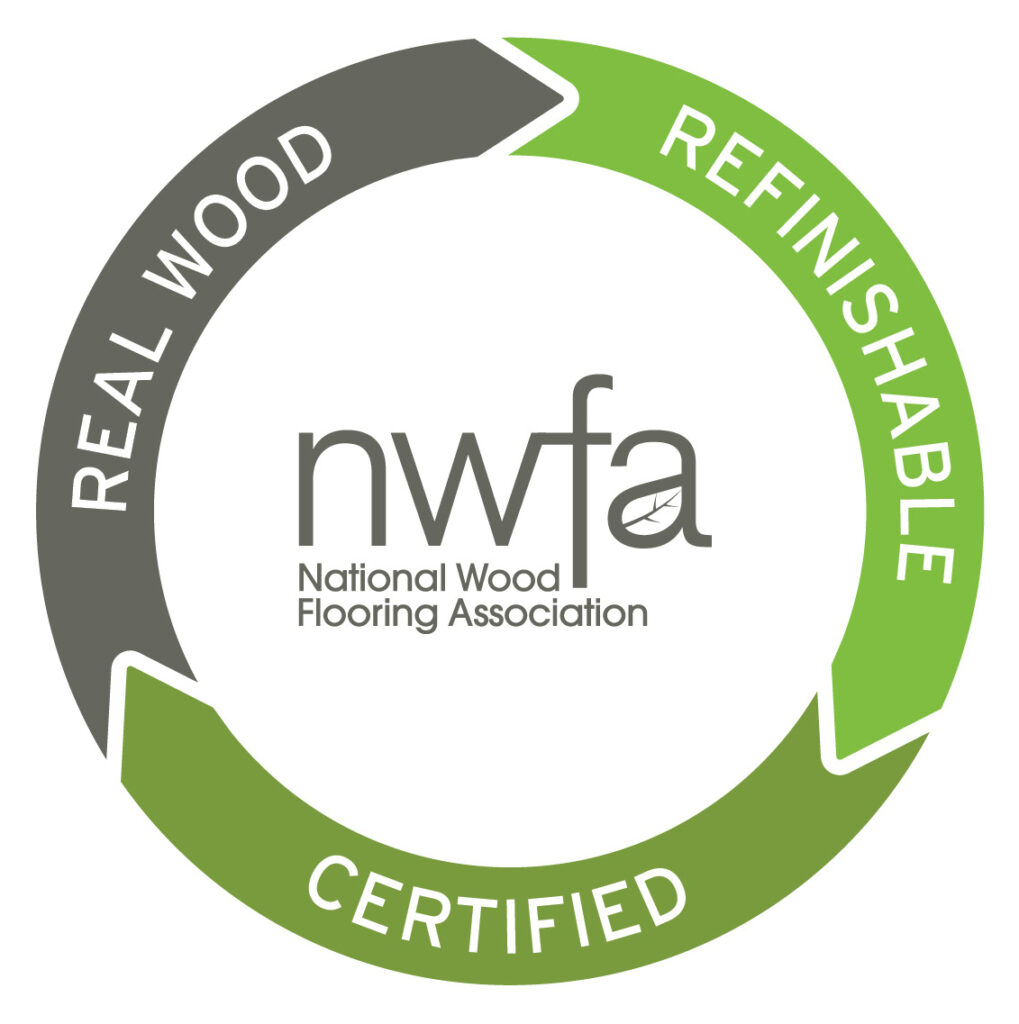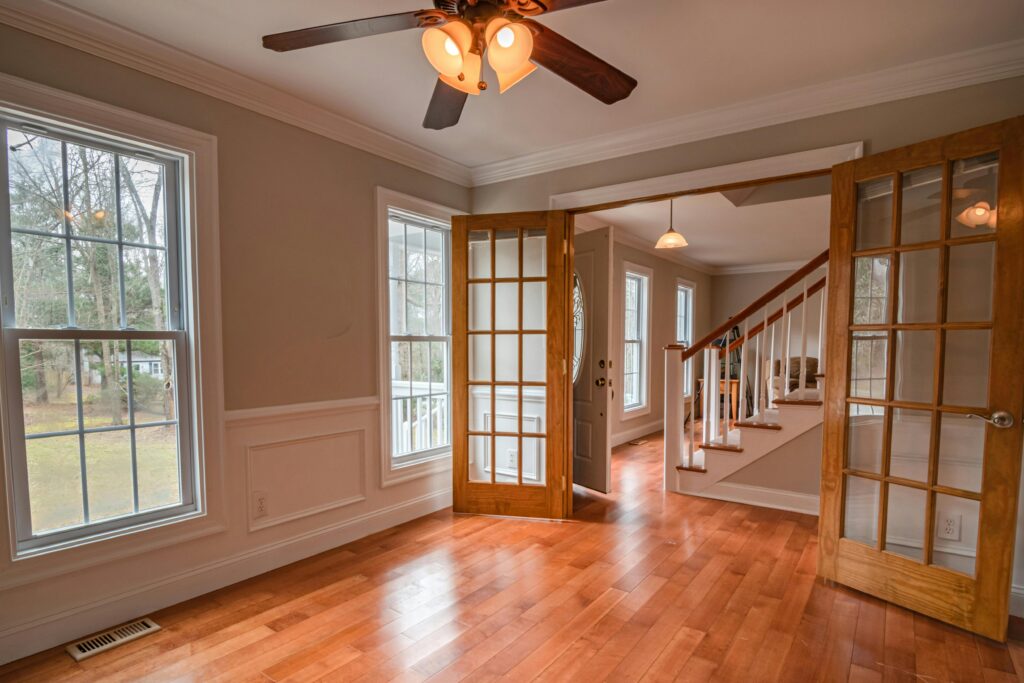Interested in investing in the flooring business but somehow confused by the details associated with how to buy? Well, this is a daunting challenge faced by prospective buyers in the very saturated market where options might not suit them as anticipated. It is through such confusion that you are likely to make those expensive mistakes that will leave you regretting and at a loss, instead of owning that successful business you had dreamed of.
But take heart, for working through the steps on how to successfully buy a flooring business will make your dream a reality. The article below will take you through some of the key things you may want to consider in searching for and buying a flooring business, hence making the right steps towards success in this lucrative business.
Why Buy a Flooring Business?
Before going into the steps of how one can buy a flooring business, it is good to understand why this can be a good investment.
- Expanding Market
The flooring industry is constantly growing due to increasing home renovation and business expansion. This creates a demand for flooring solutions.
- Established Customer Base
When you invest in buying an already established flooring business, you get the customer base along with it. It inherits clients, along with relations with suppliers and an operational structure that will enable you to start saving time and money rather than building up from scratch.
- Trained Labor
When buying an existing flooring business, it mostly comes with experienced staff. This trained workforce will enable you to hit the road running, saving your efforts and time in recruitment and training.
- Revenue streams
With an existing business, you can start generating revenue right from day one. There is no gestation period regarding setting up the business; hence, the risk factor associated is much less compared to a startup.
How to Buy a Flooring Business
After deciding to invest in a flooring company, there are steps that one has to follow carefully. The steps prove that your investment is safe, and the business you bought will serve your purpose.
Research the Market
Before indulging in purchasing, do thorough research into the flooring industry. You need to understand the market trend, know the type of flooring services in demand, and have a look at the national and local competitors.
You also need to study the kind of materials in demand and those forecasted. This will help you know whether the business one is venturing into deals in the materials or services in demand in the market. For example, luxury vinyl tiles and sustainable flooring solutions.
Identify Potential Businesses for Sale
One could find floor sale businesses from a variety of sources:
- Business Brokerage Websites: Sites like BizBuySell, BizQuest, and BusinessBroker.net list businesses for sale, including flooring businesses.
- Industry Contacts: This can also be achieved by networking in the flooring industry.
- Local Business Listings: This is whereby some business owners have sold their businesses locally, through newspaper classifieds, or on community forums.
- Business issues to be considered: company location, size, reputation of firm, and length of time in operation.
Exercise Due Care
Thorough due diligence has to be applied once a candidate’s business has been identified. Due diligence requires you to carefully scrutinize everything in the business to ensure you do not get into a lousy investment. The main items of due diligence include
- Financial Performance: The analyst has to go through the financial reports of the business comprising balance sheets, income statements, and tax returns for the last 3 to 5 years to gauge the profitability and cash flow position.
- Asset and Inventory: Consider physical assets that come with the company in regard to the tools, vehicles, and inventory flooring. The equipment should be in proper order.
- Examine contracts in existence with the clients, notably those that are habitual in commercial dealings that could realize the flow of revenue continuously.
- Phylogenetic Relationships: the relations of suppliers have to be very good since the prices and availability greatly depend on this.
- Legal Obligations: Outstanding legal issues, debts, or litigation that negatively affect the business enterprise.
Value the Business
The immediate next thing, after due diligence, would then be the valuation of the business. Business valuation could be defined as a calculated determination of what the business is worth, considering its financial performance, assets, and goodwill, among other growth potentials. You may want to hire a professional appraiser so that you get a fair valuation.
A common way to value a flooring business would be to take some multiple of earnings before interest, taxes, depreciation, and amortization. That gives you a true cash flow representation of what the business is generating.

Financing the Purchase
Once you agree on an asking price with the seller, you’ll have to organize how you’ll finance the purchase. There are several options you can pursue when it comes to financing the business purchase:
- Bank Loans: Bank loans for business acquisitions do exist.
- Loans from SBA: In the United States, the Small Business Administration provides loans, which are a common source of financing to purchase an existing business.
- Seller Financing: A situation where the seller finances part of the purchase and lets the buyer pay in installments over time.
This will have to include specific terms, rates, and schedules of repayment, which can help you select financing to suit your financing position.
Negotiate Terms and Close the Deal
After securing financing, you’ll need to negotiate the final terms of the deal. This could include aspects like:
- Transition Period: You’d want the previous owner to stay on board for a few months so that they can help with the transition.
- Non-compete Agreement: This agreement assures that he will not open his flooring business in this same area.
- Staff Retention: Including agreements for staff retention post-sale, if the workforce is valuable to the operation of the business.
You will close the deal after the parties have agreed on the terms, usually by executing a purchase agreement, transferring the assets, and settling for the consideration price agreed upon.
Post-Purchase Integration
This doesn’t just stop once the deal is closed: you have to fit the business into your operation if you already have existing businesses, or, if this is your first purchase, get used to the daily operations of the business in general. Considerations include:
- Rebranding: Decide whether to retain the prevailing brand or rebrand with a new name.
- Customer Retention: Provide suggestions on how to retain customers and gain new ones.
- Technology and Systems: Assess the present business management systems and upgrade them where needed.
Conclusion
There’s a great opportunity in the flooring business industry, especially if you consider its growth potential. From research and due diligence down to securing finance and closing, this article provides a seamless and smooth transaction process for buying any business venture.
Owning an established flooring company means having an instant customer base, a trained workforce, and cash flow starting from day one, hence a lucrative investment. Whether this is your fast time or not in buying a business, you may need professional assistance to ensure everything goes smoothly.




